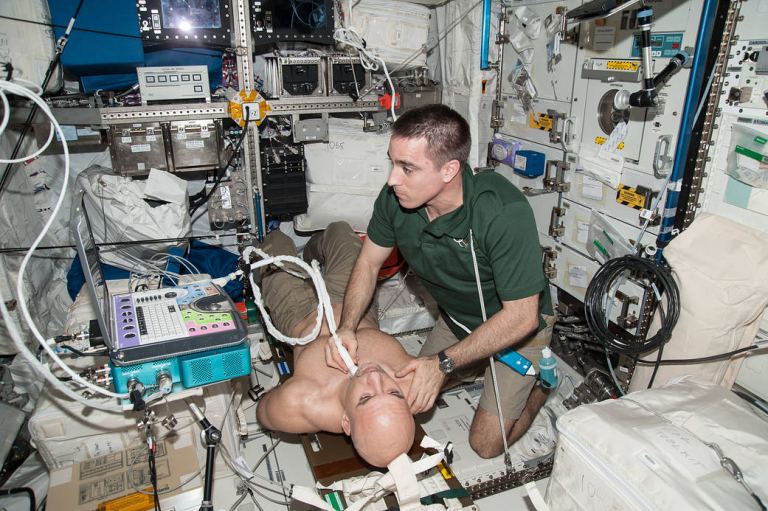We use ‘it’s not rocket science’ and ‘it’s not brain surgery’ almost interchangeably to say that we don’t think something is very difficult to do or to understand. Which phrase is more deserving? And more importantly, should rocket scientists or brain surgeons be crowned winners of the wits? A research team led by University College London neuroscientist Dr. Inga Usher set out to provide the answers. Findings published in the BMJ are actually encouraging for the rest of us, but more on that later. “The main purpose of our study was to settle this debate once and for all and to provide rocket scientists and brain surgeons with evidence to support their self-assuredness in the company of the other party,” the authors wrote. The researchers carried out online intelligence tests involving 329 aerospace engineers and 72 neurosurgeons. They compared and analysed the respondents’ skills in problem-solving, including planning and reasoning, working memory, attention, and emotion-processing abilities. The researchers found that brain surgeons and rocket scientists were just about equally matched. However, they differed in two areas. Aerospace engineers showed better attention abilities and mental manipulation skills such as rotating images of objects in one’s head, while neurosurgeons were better at semantic problem-solving, such as defining rare words. These two aren’t as smart as we think they are. Results from 18,257 members of the general public revealed that there were few differences when comparing aerospace engineers and neurosurgeons with this group. “Compared to the general population, aerospace engineers did not show significant differences in any domains,” the authors stated. “Neurosurgeons were able to solve problems faster than the general population, but showed a slower memory recall speed.” Could we have been giving brain surgeons and rocket scientists too much credit all this time? “It is possible that both neurosurgeons and aerospace engineers are unnecessarily put on a pedestal, and ‘It’s a walk in the park’ or another phrase unrelated to a career might be more appropriate,” the authors concluded, adding that “other professions might deserve to be on that pedestal, and future work should aim to determine the most deserving group. Essentially, what we think it shows is that everyone has a range of skills, some people are better at some things and other people are better at other things, and it is very difficult to be better in everything across the board,” co-author Aswin Chari told The Guardian.
https://medicalxpress.com/news/2021-12-smarter-rocket-scientists-brain-surgeons.html


